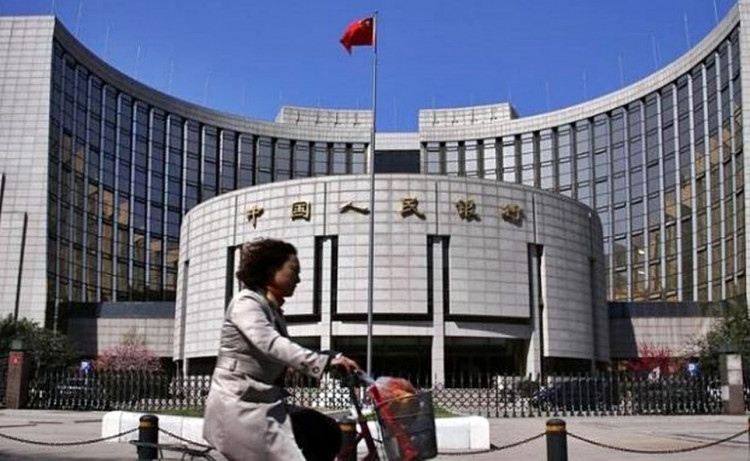The People's Bank of China (PBOC) is calling for more regulation of the already heavily regulated blockchain sector, but this time focusing on what it calls speculative financing and investment.
In a bid to head-off blockchain investment bubbles, PBOC is advising local government agencies to enhance supervision of financing into the blockchain sector to prevent "speculation, market manipulation, and other irregularities."
The central bank is particularly concerned about ICOs or Initial Coin Offerings, which is the blockchain equivalent of the IPO (Initial Public Offering) in traditional equity markets. PBOC had previously blasted public token fundraising through ICOs as a violation of Chinese laws.
In September, PBOC warned consumers and investors to be wary of the risks inherent in ICOs and cryptocurrency trading.
These recommendations and many others are contained in a recently released working paper, "What can a blockchain do and cannot do?," by the Research Bureau of PBOC.
The blockchain is a digital ledger in which transactions made in bitcoin or other cryptocurrencies between two parties are recorded chronologically and publicly in a verifiable and permanent way.
A blockchain is resistant to the modification of its data, hence its wide appeal as a secure means of financial transactions. Most cryptocurrencies use blockchain technology to record transactions.
The report says the Research Bureau is studying the impact of blockchain and the many projects wanting to commercialize the decentralized tech in society. As a result of this review, PBOC is calling for a measured view of blockchain technology.
PBOC noted that some industry practices since the advent of blockchain technology in 2008 have proven that some blockchain applications are not feasible, especially in the financial sector. It pointed out no technological innovation has had a disruptive impact on the financial system, "and blockchain is no exception."
PBOC says the bubble in the blockchain investment and financing sector is plainly obvious. It also pointed out that speculation, market manipulation, and even violations of laws and regulations are rampant, especially for token projects involving ICO transactions.
To head-off these multiple risks, relevant government departments should strengthen supervision and prevent financial risks in blockchain transactions.
It's been a year since PBOC issued a blanket ban on all ICOs, outlawing it as an illegal fund raising practice. In September, PBOC said its ICO ban is a success.
PBOC said the global share of domestic virtual currency transactions has plunged from 90 percent to less than 5 percent. This droop averted a virtual currency bubble in China's financial market caused by high global virtual currency prices in the second half of 2017.
Despite this success, cryptocurrency trading activity among domestic investors continues to grow in offshore exchanges. In response, PBOC said it will continue to monitor the offshore servers of 124 offshore cryptocurrency trading platforms serving China's citizens, thereby evading the ICO ban.





